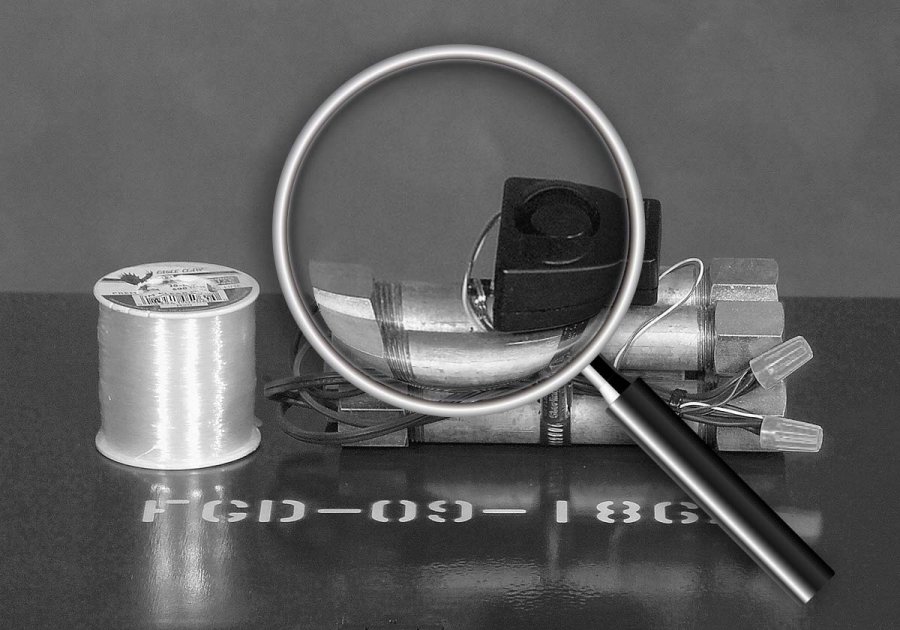Not only will the Internet of Things (IoT) put big demands on data centre providers, it also throws up some rather interesting questions about user privacy. According to Gartner US analyst Joe Skorupa, there will be a “vast amount” of data from IoT devices providing information about what the user has accessed.
The implications for attacks or security breach are there. What if your internet controlled car can be veered off the road by a mobile device; what if you’re partner is watching you from out of town through the thermometer? There are, in this age of IoT, what are called security vulnerability researchers, a group of internet forensic researchers whose job it is to do “penetration testing” to see if malicious hackers can take control of your everyday items. They also perform the necessary task of analysing whether your ordinary household appliances could become a part of a “botnet” — what Tiffany Strauchs Rad1 describes as a ‘controlled electronic computer army set to attack a critic infrastructure target like banking or the electrical grid. Only late last year, did hackers penetrate home-networking routers, multimedia centres and smart TVs to deliver more than 750,000 malicious emails to targeted recipients.
One thing Strauch’s Rad is quick to remind us of and well-positioned to comment on in her role as professional “breaker” of things in the IoT, is that when it comes to the computerisation of our existence there is a trade-off between convenience and security. She herself admits that whilst some of the hacks her and her colleagues are able to perform on everything from cars, phones, laptops and toilets are surprising, she’s confident that the vigilant team of researchers plowing through the cracks and creating patches and software fixes perform their job to a standard that ensures convenience outweighs risk.
However, vigilance is still wise. Read product reviews, keep track of news-worthy hacks and get up-to-date when it comes to changing legislation. Australian individuals or business holders should probably read this article from CMO if they want to avoid fines of up to $340,000 and for larger organizations up to $1.7M.
It’s important to note that your smart tech is never completely risk-free. Take note of the following scenarios and, if privacy and security are important to you, make sure you’re up to speed with the latest advancements in IoT:
Hacking threat
We all know to install anti-spyware software and what precautions to take when it comes to our PC’s, but what about our appliances?
Several experts have suggested gadgets like our internet appliances are vulnerable so it came as no surprise when hackers penetrated home-networking routers, smart TVs, multimedia centers, and fridges. You might not be too worried at the thought of someone collecting data on when you brewed your last coffee or what films you’ve been watching, but if that data is used to asses when you may or may not be at home through the use of your domestic appliances, the threat of burglary becomes all the more apparent.
Data not stored safely
When information such as passwords and personal details are stored in our home appliances, it’s easy to assume they end up on a secure internet service gateway but often this isn’t the case. What many tech experts are now discovering is that this data will often sit in unsecured locations for undetermined periods. The reason for this vulnerability is because our home appliances simply aren’t up to date when it comes to security.
Complacency
When connecting to traditional internet devices we are usually asked to re-enter our passwords and usernames. However, this precautionary step is nearly always bypassed when it comes to home devices. What usually happens is our login details will be permanently stored for convenience’s sake and because of this, there is no checking mechanism to confirm we are who we say we are.
Final Thought
It’s clear the ‘Internet of Things’ has exciting potential to enrich our lives but security concerns still remain about this increasingly interconnected world. Always be careful about who you share or where you input personal information because the term privacy is soon becoming a relic of the past.


